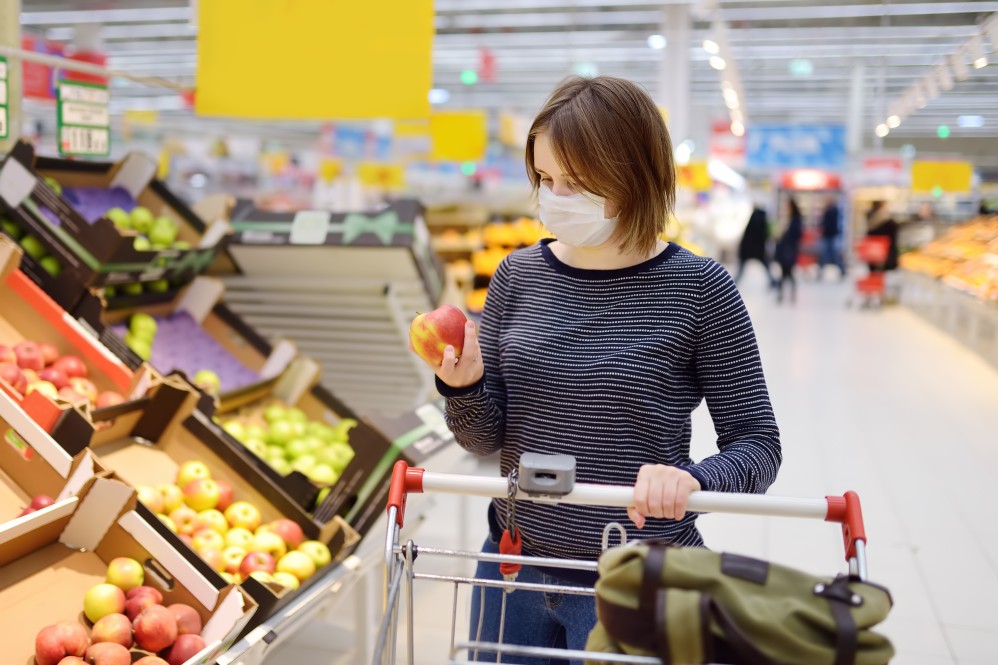CO2-environmental calculator for improving sustainability in the transport of fruit and vegetables
Fresh fruit and vegetables have long become an indispensable part of the retail trade. Supplying them all year round involves complex logistical processes which largely use two different types of packaging system: reusable plastic crates (RPC) and cardboard boxes (CB).
To sound out the sustainability potential in logistics processes, the Department of Life Cycle Engineering at Fraunhofer IBP developed the CO2 environmental calculator on behalf of the "Stiftung Initiative Mehrweg" (SIM). This calculates the CO2 savings achieved with reusable transport systems over single-use transport systems on the basis of individually configurable transport tasks.
The user-friendly tool analyzes the respective life cycles of the packaging systems and then compares them. The data sets are based on the results of a study on the carbon footprint of packaging systems for transporting fruit and vegetables in Europe, which the Department of Life Cycle Engineering prepared for SIM in 2018. The study shows that the greenhouse gas emissions generated to provide the specified transport service with the reusable system are around 60 percent lower than with the single-use system.
Using the tool, which is now available online, market players and the public can calculate the carbon footprint of an individual transport task and compare the two transport systems with each other.
The result serves as a decision-making aid and contributes to operational sustainability.
Last modified:
